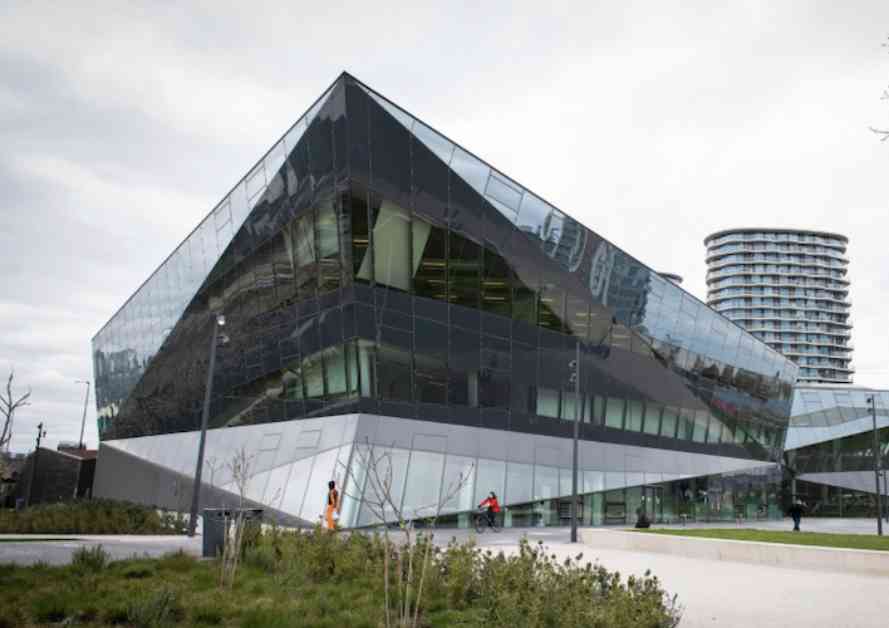25 years ago, Londoners hit the polls to elect a Mayor for the city. Fast forward to today, and it’s safe to say that this change has made a huge impact on London and the UK as a whole. Before 2000, there was no single person directly responsible for the capital’s fate on a daily basis. But now, Sir Sadiq Khan holds a million-vote mandate, which not only gives weight to the decisions he makes for the city but also gives London a strong voice internationally.
The presence of 12 metro mayors across England shows how this new role has been embraced by governments and local communities. It’s time to take this devolution further so that London and other regions have the power and resources to achieve better results than the UK’s heavily centralized model has in recent times.
What have we learned in the past 25 years? Mayors have been successful in leading London, especially in the realm of transport. The establishment of Transport for London as a unified body accountable to the Mayor has led to more coherent and customer-focused services. It’s hard to imagine how projects like the Elizabeth Line would have been possible under the old system where different parts of the network reported to national government ministers.
The introduction of the Congestion Charge and the cycle hire scheme have also been major wins for London. Improved public transport has brought environmental benefits, aligning with the current Mayor’s efforts to enhance air quality through initiatives like the Ultra-Low Emission Zone and zero-emission buses.
The public transport network has come a long way in the last 25 years, standing strong against other major global cities. However, with increasing demand, London needs to keep investing to support growth and keep the city moving.
Policing, on the other hand, presents a more complex situation. While the Metropolitan Police has made progress under Sir Mark Rowley’s leadership, operating under dual oversight from the Mayor and the Home Office has made reform challenging and accountability unclear.
Housing is another area of concern, with the Mayor having tools to boost supply but relying heavily on central government funding. The finger-pointing between City Hall and Whitehall has left Londoners wondering who is truly responsible.
The central challenge for the next 25 years is ensuring London has the tools to shape its own future. The current devolution deal has fallen behind other city-regions, limiting the Mayor’s ability to raise and reinvest local taxes for growth and accountability.
Giving regional leaders more control over local taxes would incentivize reinvestment and deliver better outcomes. Allowing London and other regions to set their priorities and strategies would lead to improved value and results.
The Mayor of London has brought strategic leadership to one of the world’s most dynamic cities. Now is the time to push further and faster to ensure London’s continued success.





















